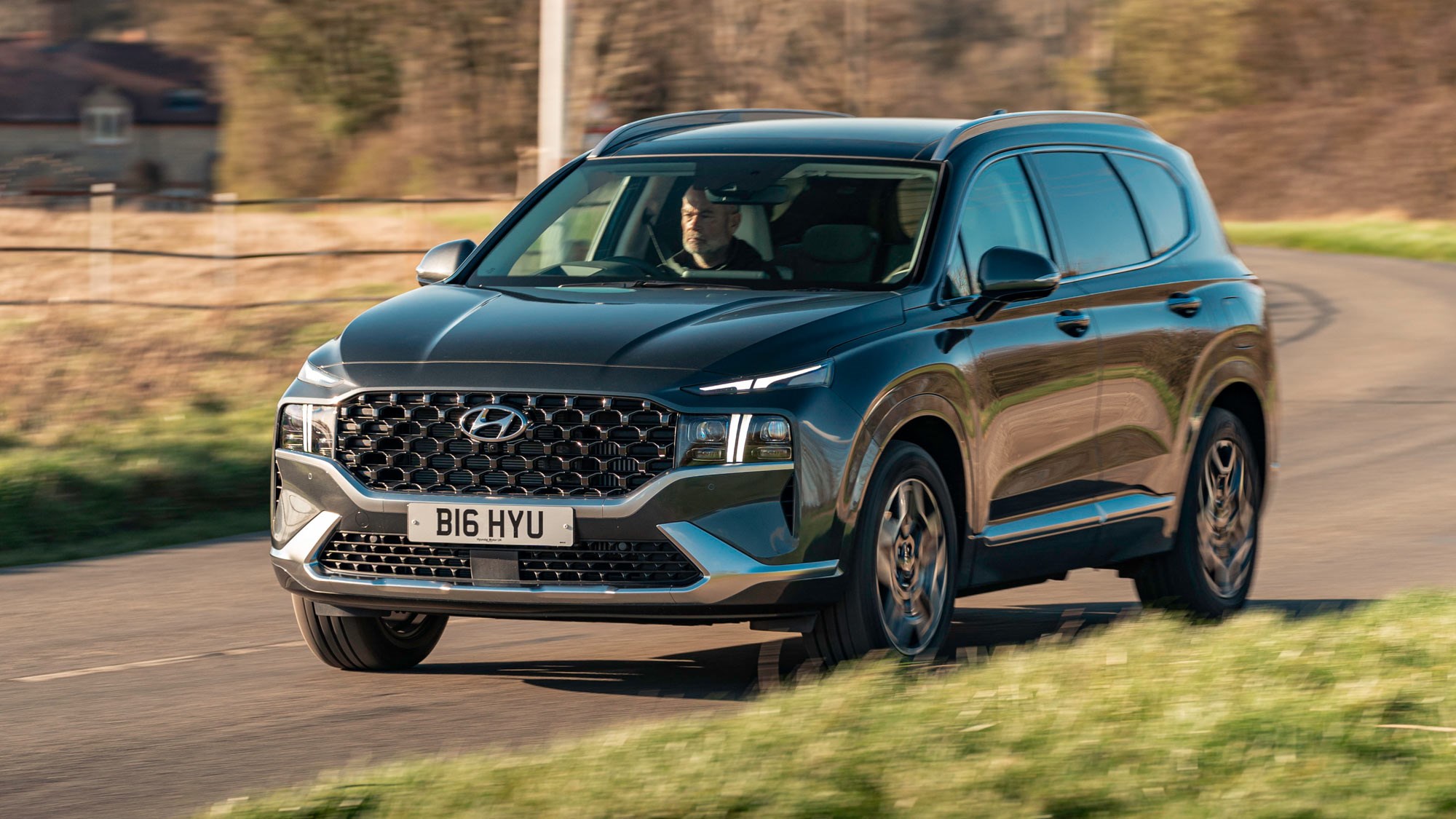Introduction
When it comes to transportation, we have a lot of options. There are cars, public transit and even ride sharing apps. Ride sharing is a great alternative for those who want an affordable ride. The price of owning a car and paying for gas can be extremely expensive, not to mention the costs associated with maintaining your vehicle or having unexpected repairs done on it.
Car Ownership
The cost of car ownership is a little more nuanced than just the price of gas and insurance. There are also maintenance costs, parking fees and other expenses that can add up over time.
The average annual cost for owning a vehicle in the United States is $7,967 according to AAA’s Your Driving Costs report. This figure includes depreciation ($4,049), financing ($1,458), fuel ($2,200) and repairs/maintenance/tires ($1,009).
If we take a closer look at these numbers by comparing them against Uber’s average fares per mile (which varies between cities but averages out at about $1 per mile), it becomes clear that ride-sharing services can be much cheaper than owning your own vehicle when used regularly!
Public Transit
Public transit is a great alternative to car ownership. It’s cheaper, more convenient, and environmentally friendly.
- It’s cheaper: The cost of owning a car can add up quickly. You have to pay for gas, insurance, parking fees (if you’re lucky enough to find any), maintenance and repairs–the list goes on! Meanwhile public transit costs pennies compared with the average monthly expenses of owning an automobile at $10k/year (based on AAA data).
- It’s more convenient: With Uber or Lyft you can skip the hassle of finding parking spaces or waiting in traffic jams before getting where you need go while public transportation offers door-to-door service that gets riders directly where they need go at their own pace without having to worry about traffic jams or finding parking spaces near their destination points along their route(s).
Ride Sharing Apps
Ride sharing apps, such as Uber and Lyft, provide clients with an affordable ride. These services allow you to request a driver from your phone and have them pick you up at your location. The driver will then drive you to your destination, drop off all passengers along the way and return home after dropping off everyone’s belongings.
Ride sharing is different than car ownership because there are no responsibilities for maintenance or insurance costs associated with owning a vehicle. Ride sharing also differs from public transit in that it allows users to get door-to-door service without having to transfer buses or trains along the way; however this convenience comes at an increased price compared to using public transportation systems such as buses or trains where riders pay per trip rather than paying each time they use their phone app (which serves as both payment method and GPS).
Benefits include lower cost per mile than owning/leasing cars while still maintaining privacy due to limited interaction between strangers during trips which can sometimes be uncomfortable if ridden alone but may provide opportunities for conversation once riders become more comfortable around each other over time.”
Ride sharing can be a better way to get around than car ownership or public transit.
Ride sharing can be a better way to get around than car ownership or public transit. The average ride share user will spend about $2,000 per year on their commute, compared to $9,000 for car owners and $10,000 for public transit users. Ride sharing also provides more convenience than public transit because it’s more flexible–you don’t have to wait for buses or trains at specific times and places–and faster than driving yourself (with no traffic jams!).
Conclusion
Ride sharing is a great way to get around, especially if you don’t own a car or don’t want to use public transit. Ride sharing can also be cheaper than owning a car because you only pay for rides when you need them. With Uber and Lyft, all you need is access to an internet-enabled smartphone or tablet so that they can find your location and send someone over with their vehicle as soon as possible!



More Stories
Ride Share Service Model
Uber Versus Taxis in Bogotá: A Cost Comparison
Ride Sharing: The Ultimate Guide To Uber Driving